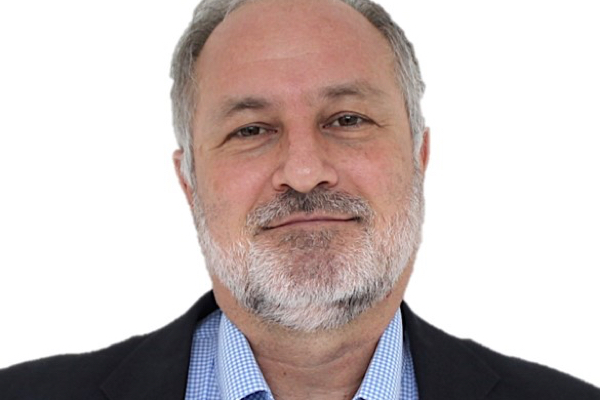More M&A activity is expected in the second half of 2023 when the cost of capital is supposed to better align with sustained consumer demand.
“Once we have more clarity on all the existential things that are going on abroad; once financial markets have a better understanding of the trajectory of the Fed and have more data points on how the Feds actions are working to tame inflation; once we have a clear path, I think you will see more lenders reengage and credit spreads will start to compress,” says Bill Grice, president of CBRE in the U.S. “That will facilitate more transaction volume, but it will take it will take some time.”
In this final installment of a three-part series on M&A projections for 2023 (first part here and second part here), the experts discuss how the bid-ask spread will evolve and just what type of assets will be in vogue among the acquisitive set.

HOTELS: How will bid-ask spreads evolve in 2023?
Robert Hecker, Horwath HTL, Singapore: Basically, the buyers are the ones shifting their prices upwards, not sellers decreasing theirs. Accordingly, more gaps are expected to get filled in 2023 versus 2022 due to the amount of money exceeding the actual deal flow.
Charles Human, HVS, London: The spread is probably as wide as it has ever been right now. One way or another, we expect it to narrow next year, either as the risks of recession recede and buyers have more confidence, or recession bites and sellers adjust their expectations.
C. Pedro Petiz, Avington Financial, London: Transaction volumes are expected to see a lull as buyers will be more cautious in the face of near-term macroeconomic headwinds and leverage cost and availability. Similarly, not many sellers will be under pressure to transact and, as such, will have very firm views on the value of their assets. The bid-ask bridge may be large enough to terminate or postpone several sale processes.
Denny Meikleham, Berkadia, Boston: I expect offers to be between 10% to 15% below what they were in June 2022 going forward.
It’s much easier now for an acquisition executive to explain to their investment committee why they should not buy an asset, rather than why the deal makes sense.

Andrew Broad, RobertDouglas, San Francisco: Owners who have strong cash flow and remaining term, say three years and more, on their loans will either hold on to their properties or, if they do transact, will use the in-place debt and its existing terms to drive value. On the other hand, owners with short debt maturities and/or large CapEx needs may have to transact. This latter group will have some tough decisions to make.
H: What are the most coveted asset types?
Hecker: It remains prime city center, full-service hotels, but increasingly seeing resort deals with a more varied range of asset types in terms of product classification. Domestic markets were helpful in propping up in-country resorts, more so than city properties.
Human: Luxury gateway, as always. London still remains very popular. The trend towards investment in resort hotels in Mediterranean markets should remain because there is still so much opportunity to exploit that type of asset.
Petiz: As per our earlier answer, we believe that luxury and extended-stay assets will be most resilient to any operating downturn and hence most highly sought after by investors. To the extent that valuations start going down, then other segments will certainly become attractive as investors look out to recovery and a new upcycle in 2025 and beyond.
Kyle Stevenson, Berkadia: I would say extended stays, and distressed deals with lender financing are the most coveted asset types right now. There’s also a huge drive toward leisure resorts.

Broad: Buyers seem to be chasing quality – newer construction or those that were recently renovated, while moving away from aged assets. In many ways, this supports overall industry valuations, as the impulse right now, with a strong assist from the brands, is for property remodels and brand conversions, as opposed to languishing portfolios of distressed properties.
From a property type perspective, extended-stay assets are in favor, especially in the mid-market/economy segments where they seem to be providing much-needed housing in many locales. We are familiar with such portfolios with 90% occupancy and an average stay exceeding two years. This will continue to appeal to retirees, some empty nesters and those who cannot qualify for or rather not pursue today’s mortgage rates and conditions.
From a location perspective, traditional leisure markets or markets with a leisure component still seem to be in favor, particularly higher-end properties.

